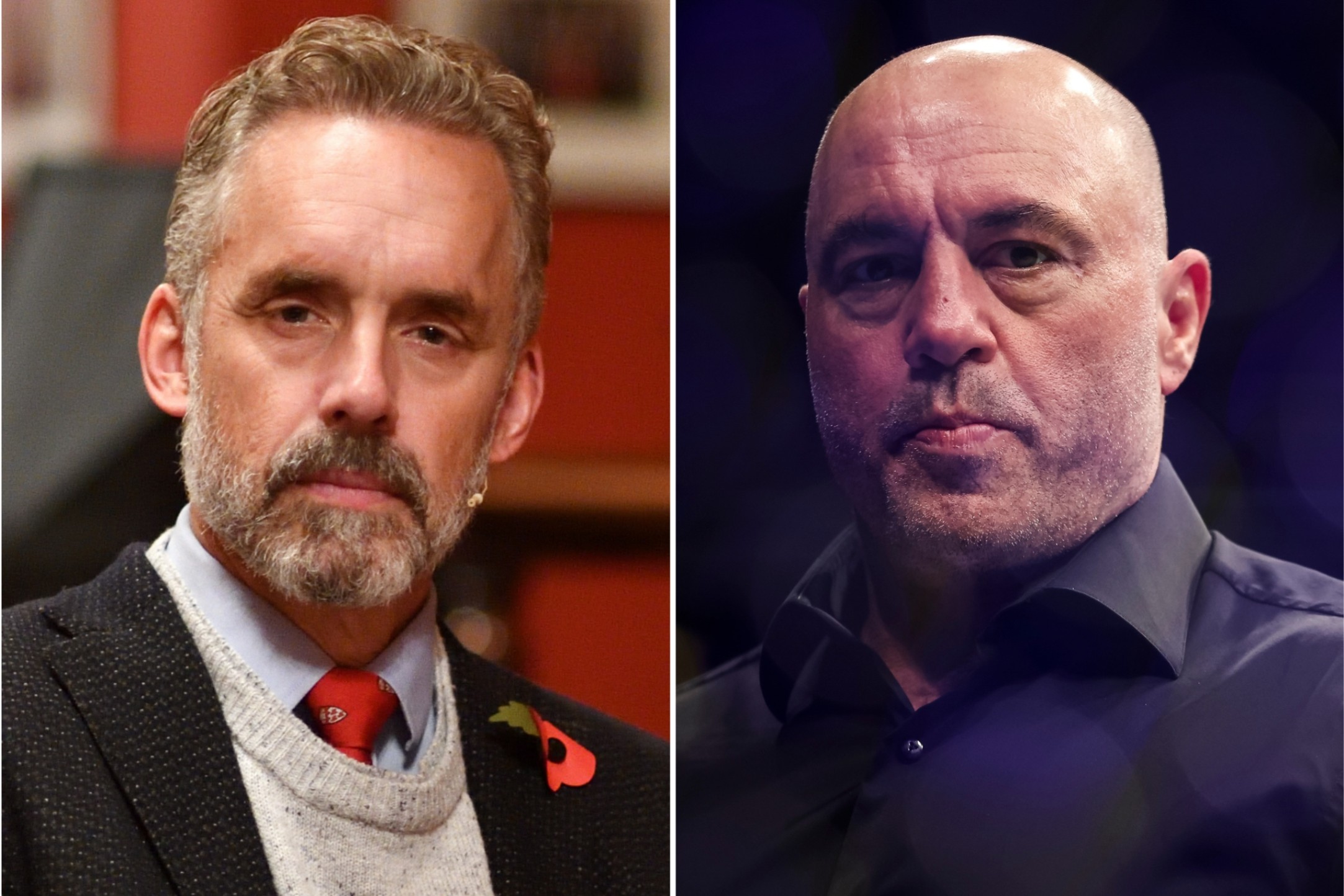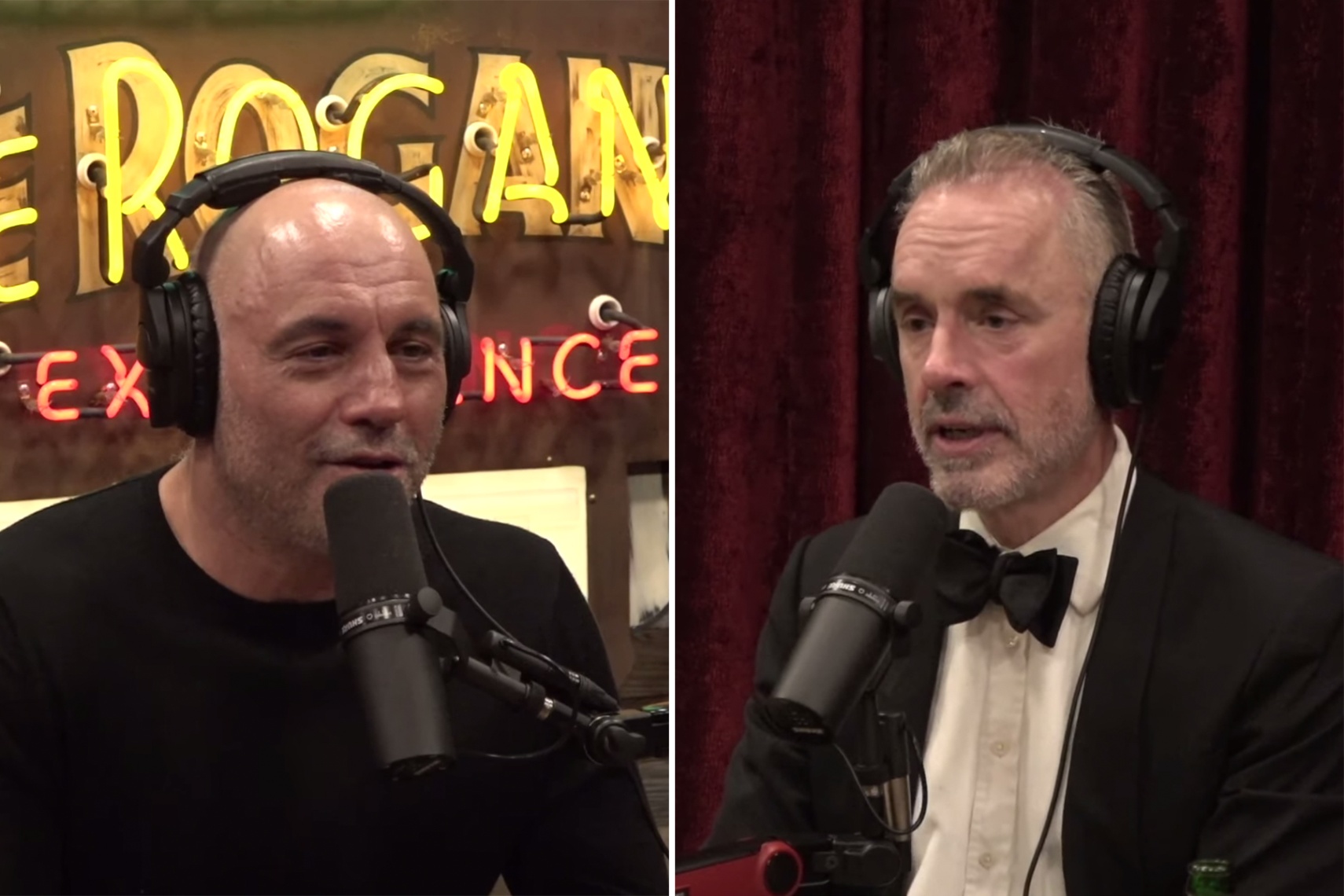When I first came across Colin’s “Sold Not For Sale” podcast, I was struck by Jordan Peterson’s conversation with Joe Rogan. Their discussion on the slippery slope of online anonymity piqued my interest, especially as I noticed X, formerly known as Twitter, introducing ID verification for its users. I found this concept preposterous, an unnecessary invasion of privacy.

Jordan Peterson’s assertion that people shouldn’t be anonymous online struck me as a significant misstep. While I personally have never used burner accounts and have always been transparent about my identity, I firmly believe in the right to anonymity. Peterson, however, has a different perspective, one he expressed emphatically during his discussion with Rogan.
Peterson suggested that anonymous users should be separated from verified ones, proposing a tiered system where verified comments are prioritized. This approach, according to Peterson, would mitigate the influence of anonymous trolls, who he believes degrade the quality of online discourse.
However, this idea has troubling implications. If implemented widely, such measures could extend beyond social media, potentially requiring ID verification for basic internet activities. This dystopian vision of a future where our every move online is tracked and verified is unsettling, to say the least.
Peterson’s latest interaction with Elon Musk is a case in point. He urged Musk to unmask anonymous users, labeling them as “pathetic, cowardly, anonymous troll demons.” His daughter, Candace Owens, and Nick Fuentes have also become embroiled in this debate, highlighting the absurdity of such proposals.
The core of Peterson’s argument lies in his belief that anonymous postings are predominantly cowardly. He acknowledges that whistleblowers and individuals in oppressive regimes may need anonymity but contends that the majority of anonymous users are harmful. Rogan, on the other hand, emphasizes the necessity of autonomy and the potential dangers of a verified-only internet.

The reality is that many people rely on anonymity to express themselves without fear of retribution. Peterson’s call for a verified internet disregards the nuanced reasons why people choose to remain anonymous. His stance reflects a broader trend among certain public figures who, unable to handle online criticism, seek to reshape the digital landscape to their liking.
The suggestion to create a separate tier for verified users could lead to a divided internet where unverified voices are marginalized. This runs counter to the original spirit of the internet, which aimed to democratize information and give everyone an equal voice.
Jordan Peterson’s campaign against anonymity is deeply flawed. It ignores the legitimate reasons people have for staying anonymous and risks creating a more controlled and less free internet. As Peterson and Musk continue their dialogue, it’s crucial to remember the importance of anonymity in preserving free speech and protecting vulnerable individuals online.